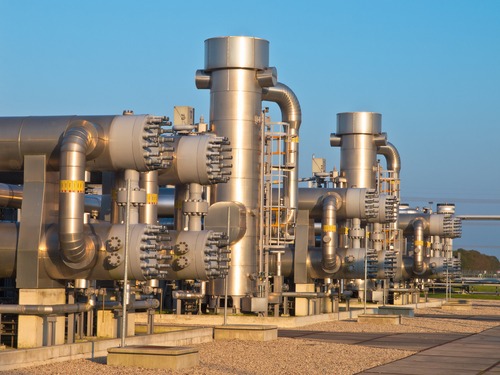
The Pennsylvania Public Utility Commission (PUC) reported that the state’s tax on natural gas production generated $179.6 million in 2023.
Over the past 13 years, it has generated more than $2.7 billion in tax revenues, which is used to fund essential community services.
“By every measure, natural gas benefits all Pennsylvanians, state agencies and services provided by counties, townships and boroughs across the Commonwealth,” David Callahan, president of the Marcellus Shale Coalition, said. “This economic progress is occurring alongside significant environmental gains as well, with the increased use of natural gas driving substantial air quality improvements.”
According to a Marcellus Shale Coalition, which commissioned the economic analysis, the industry also supports more than 120,000 Pennsylvania jobs and contributes $41 billion in statewide economic activity. Further, the jobs typically pay an average wage of just under $100,000, which is more than double the median wage in Pennsylvania.
“This industry and the tens of thousands of Pennsylvanian workers it supports are proud to do our part in driving our economy and communities forward with more than $6 billion generated in tax revenues and tens of billions of more investment into our economy,” Callahan added.
Also, the analysis found that Pennsylvanians realized more than $1.8 billion in energy savings last year compared to 2022, due mainly to lower natural gas prices. Consumers also realized hundreds of millions of dollars in additional savings thanks to lower electricity prices directly tied to the increased use of natural gas in the power generation sector.
All counties in the state receive a percentage of the annual impact tax revenues. However, distribution is weighted towards the counties, townships and boroughs that host development.
“Pennsylvania’s first-in-the-nation Natural Gas Impact Fee represents a forward-thinking policy that requires companies to send funding to affected communities instead of purely to state capitals,” Pennsylvania State Association of Township Supervisors executive director David Sanko said. “By ensuring that townships and other areas impacted by natural gas drilling receive their fair share of funding, the Impact Fee supports essential projects like road and bridge repairs, public safety, affordable housing, and infrastructure improvements.”
County and municipal governments directly affected by drilling will receive a total of $100,302,825 for the 2023 reporting year. Additionally, $63,791,090 will be transferred to the Marcellus Legacy Fund, which provides financial support for environmental, highway, water and sewer projects, rehabilitation of greenways and other projects throughout the state. In addition, $15,540,804 will be distributed to state agencies.
The PUC has forwarded the information to the Department of Treasury and expects payments to be distributed in early July.
The 2023 distribution is roughly $100 million less than it was the previous year, driven primarily by the lower average price of natural gas in 2023 ($2.74 per MMBtu) versus the average price in 2022 ($6.64 per MMBtu).
Established in 2012, the state’s natural gas impact fee is a tax on natural gas development, with proceeds that reach across Pennsylvania, including those without active drilling operations.